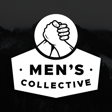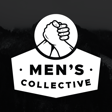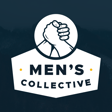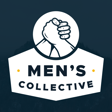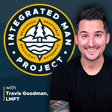
Tackling Societal Pressures and Stereotypes in Modern-Day Fatherhood (feat. Sean Donohue)
On this stirring episode of The Integrated Man Project, titled 'Tackling Societal Pressures and Stereotypes in Modern-Day Fatherhood,' host Travis Goodman engages in a profound discussion with renowned family coach Sean Donohue. They tackle the complex landscape of modern fatherhood, dismantling societal stereotypes, emotional hurdles, and the pursuit of male identity.
Key points include: the shift towards emotion coaching rather than authoritarian parenting, the impact of societal pressures and personal traumas on men's emotional well-being, and the transformative power of mentorship and legacy in reshaping the role of fathers.
Don't miss this episode as we dive into these poignant topics with guest Sean Donohue, who brings his wealth of experience as a family coach to empower and inspire men in their journey towards integrated and effective parenting.
JOIN THE MAILING LIST & GET INVOLVED!
WATCH ON YOUTUBE:
Connect and Support Sean:
Instagram: @the.familycoach
Web: www.parentingmodernteens.com
Connect and Support Travis:
YouTube: Travis Goodman
Instagram: @integratedmanproject
Check out the Website: TBD
